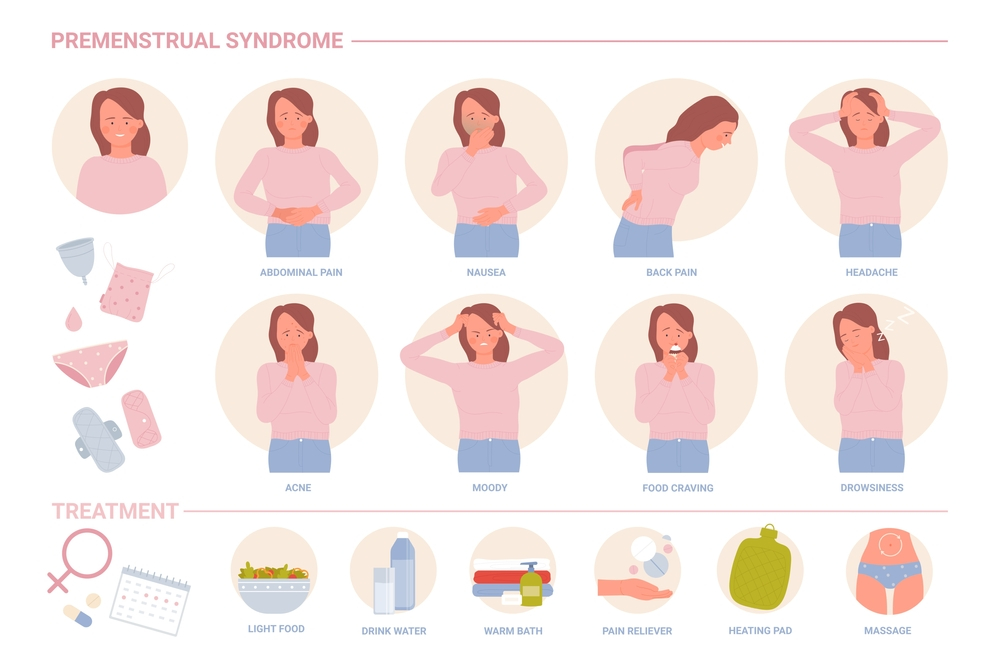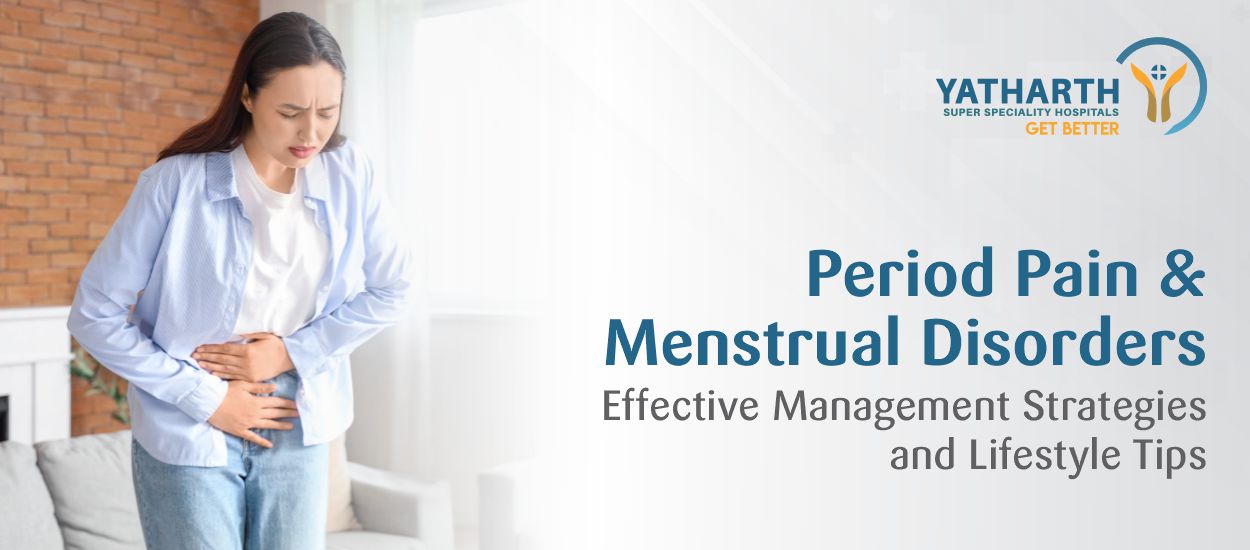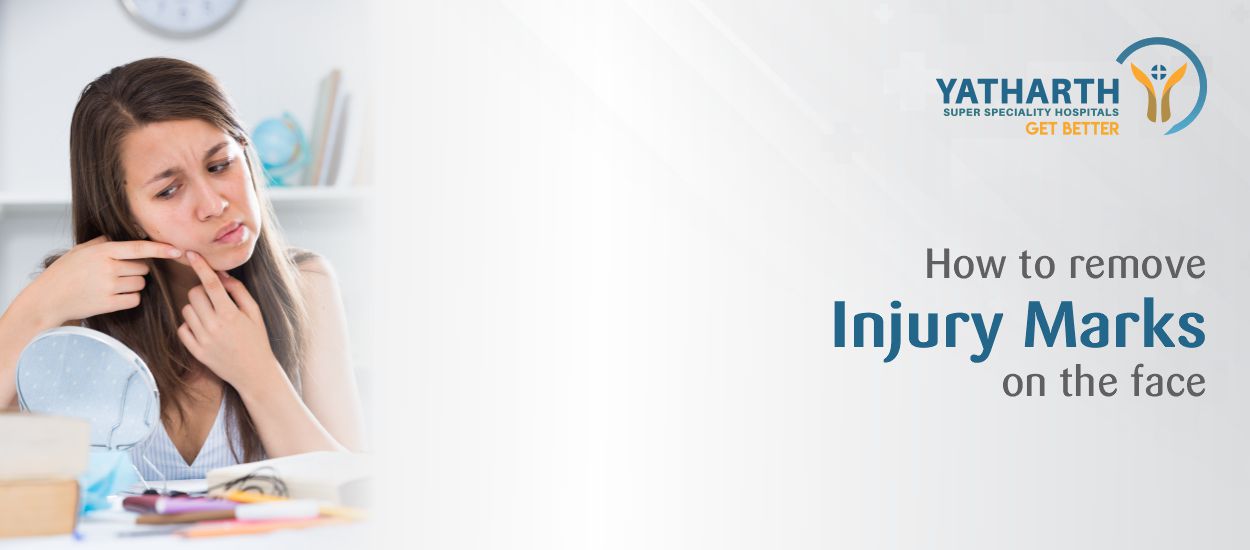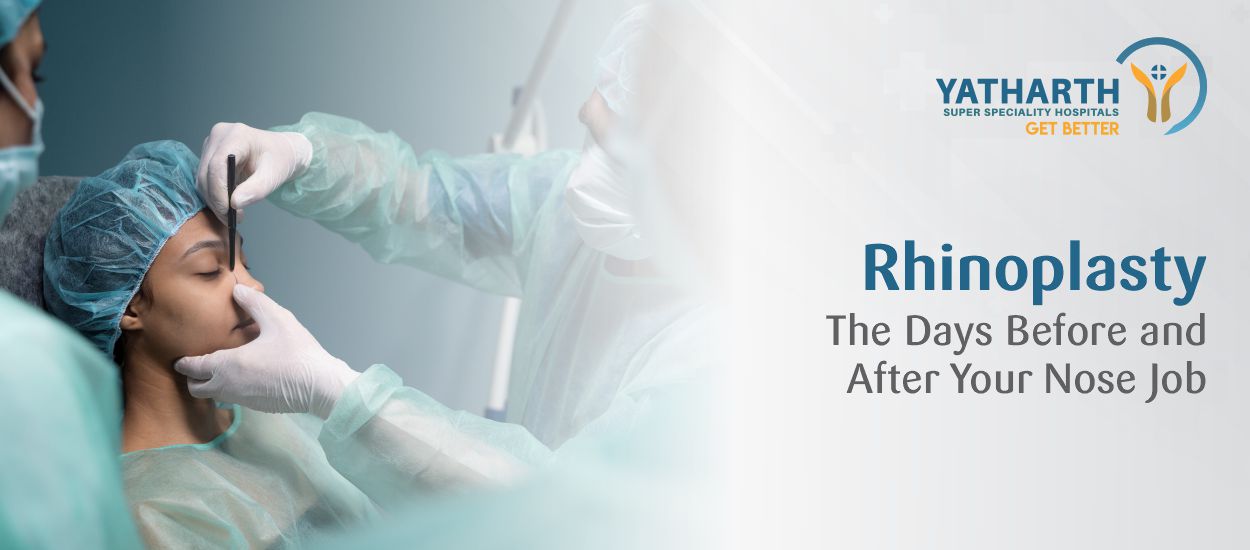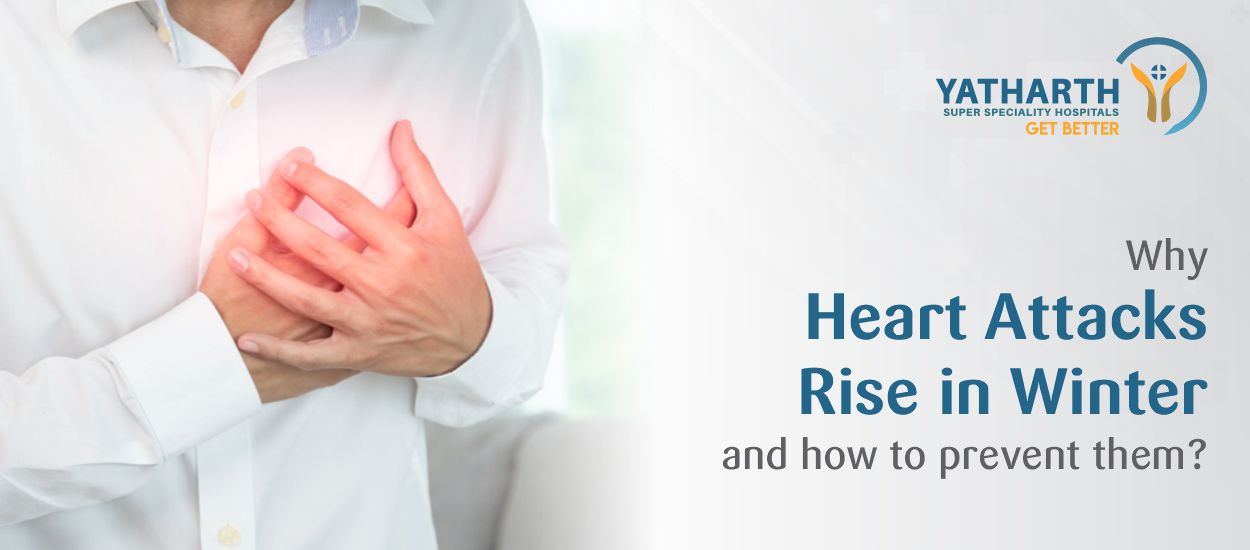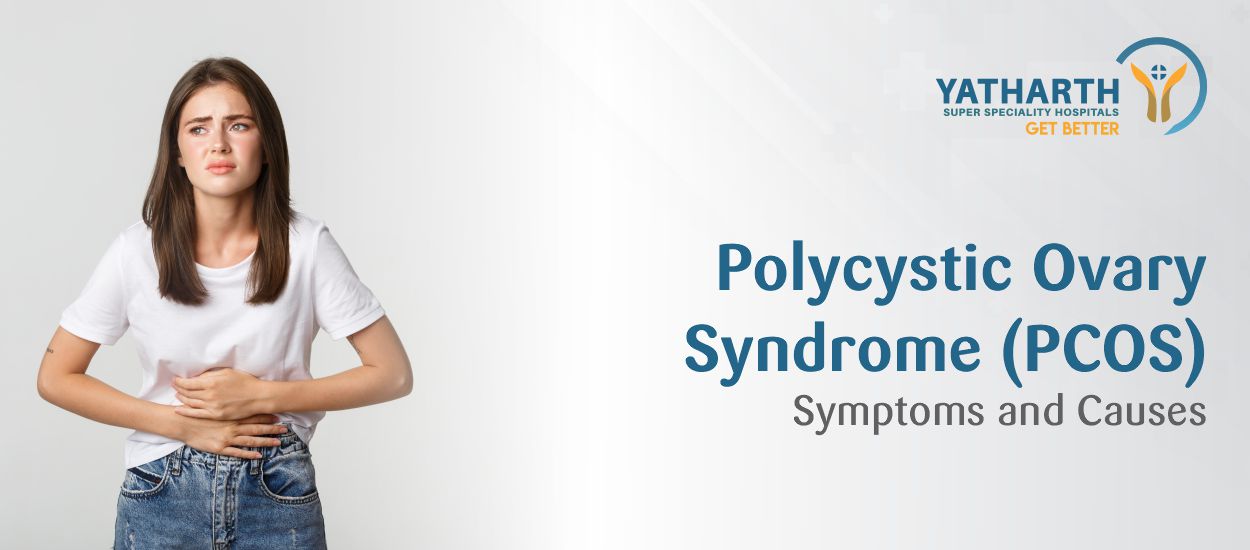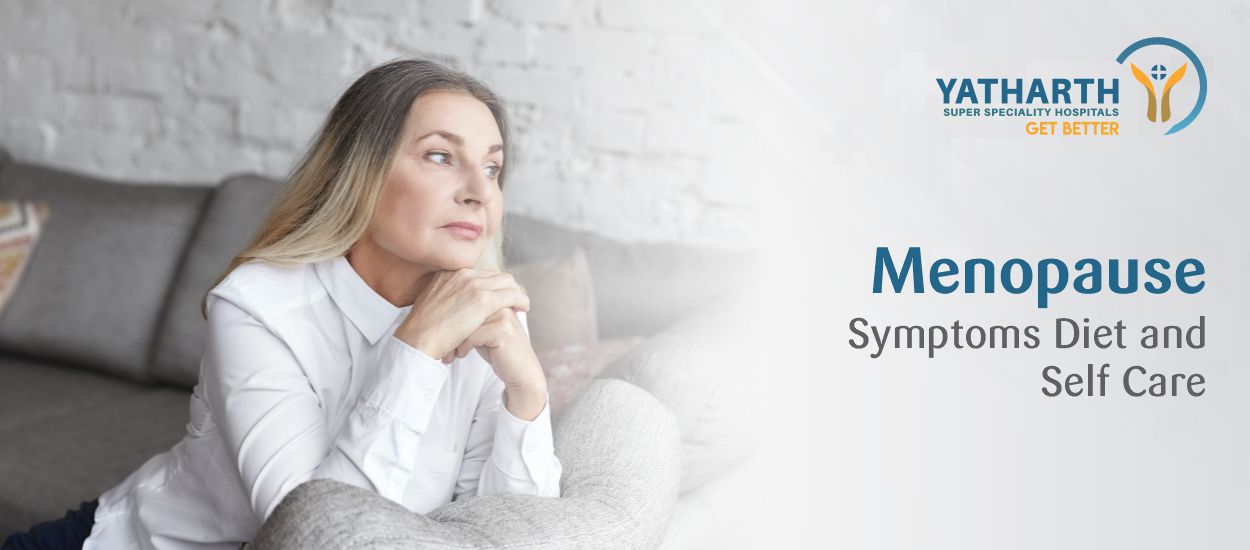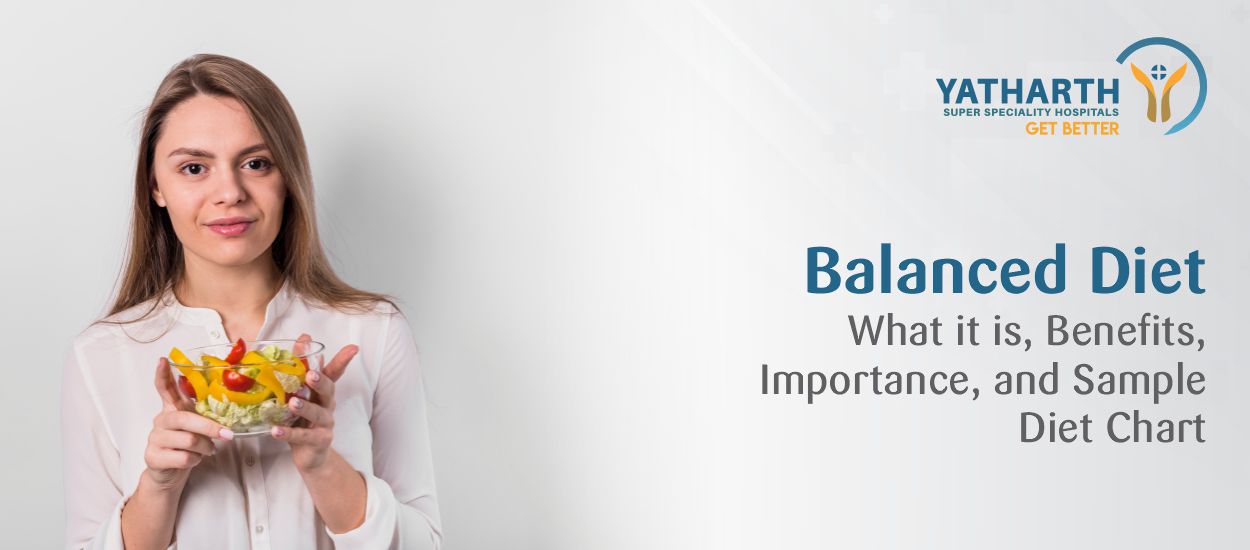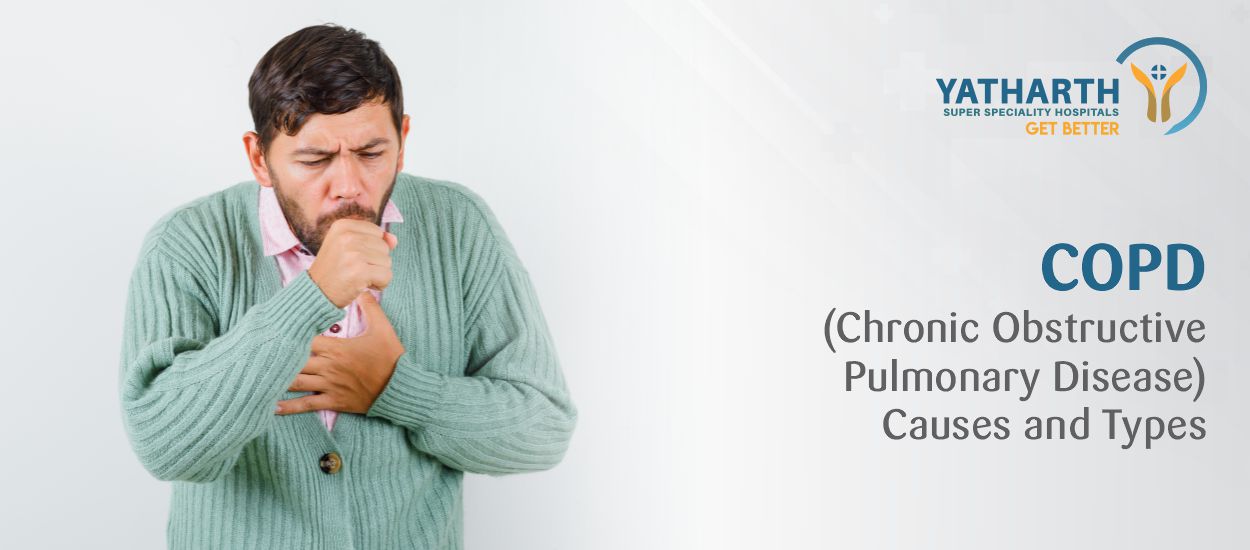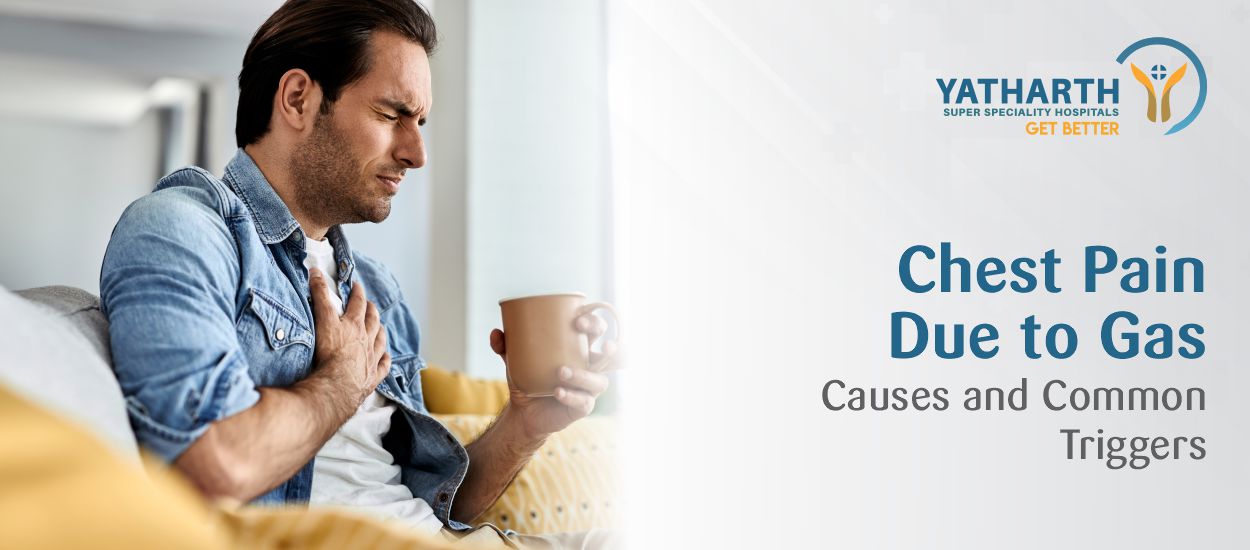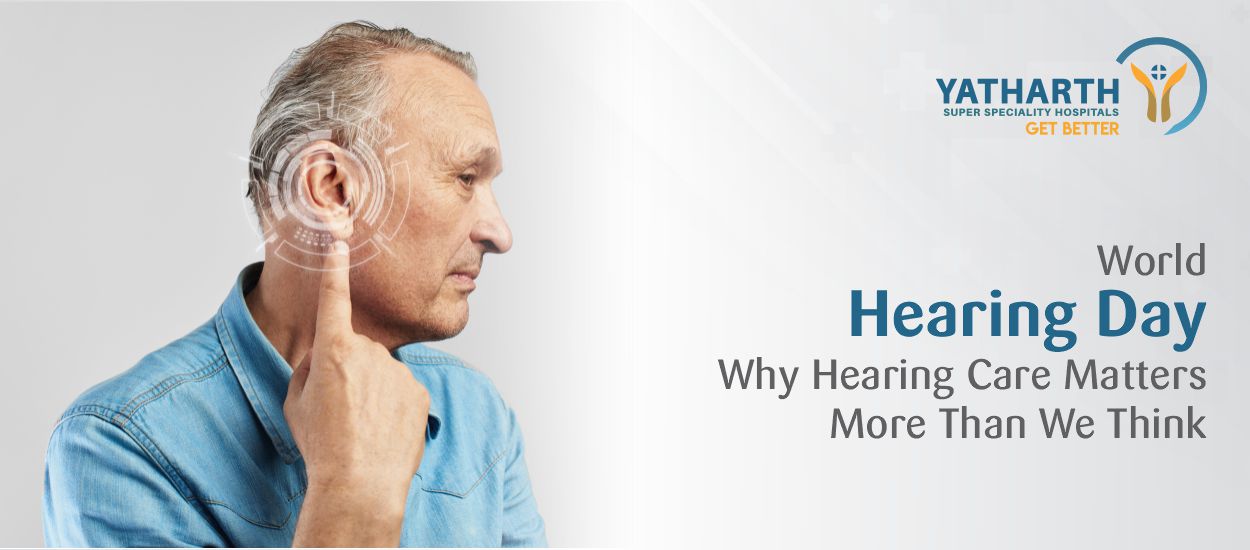Menstruation is a natural process experienced by women that involves the shedding of the uterine lining. While it is a normal part of a woman's life, many individuals experience discomfort and pain during their menstrual cycle. In some cases, these symptoms can be indicative of underlying menstrual disorders. This blog aims to provide insights into understanding period pain and menstrual disorders, explore medical treatments, natural remedies, and home remedies for pain relief, offer lifestyle tips for managing menstrual discomfort, and suggest self-care practices and coping mechanisms for optimal menstrual health.
Understanding Period Pain and Menstrual Disorders
Period pain, also known as dysmenorrhea, refers to the discomfort and cramping experienced during menstruation. While mild pain is common, severe and debilitating pain may indicate an underlying menstrual disorder. Menstrual disorders encompass a range of conditions such as endometriosis, polycystic ovary syndrome (PCOS), and menstrual migraines. These conditions can significantly impact a woman's quality of life and require proper diagnosis and management.
Medical Treatments for Period Pain and Menstrual Disorders
Consulting a gynaecologist is crucial for accurate diagnosis and tailored treatment plans. It may consist of a comprehensive range of medical treatments for period pain and menstrual disorders. Nonsteroidal anti-inflammatory drugs (NSAIDs) are commonly prescribed to alleviate pain and reduce inflammation. Hormonal contraceptives, such as birth control pills, patches, or hormonal IUDs, may be recommended to regulate menstrual cycles and alleviate symptoms. In severe cases, surgical interventions may be required to address underlying conditions.
Natural Remedies and Home Remedies for Period Pain Relief
In addition to medical treatments, natural and home remedies can offer relief from period pain. Heat therapy, such as applying a heating pad or taking warm baths, helps relax the uterine muscles and alleviate cramping. Herbal teas containing ingredients like chamomile, ginger, and cinnamon can also provide soothing effects. Regular exercise, especially low-impact activities like yoga or walking, can help reduce pain and promote overall well-being. Additionally, incorporating dietary changes, such as increasing the intake of omega-3 fatty acids, and magnesium-rich foods, and reducing caffeine and alcohol consumption, may alleviate symptoms.
Lifestyle Tips for Managing Period Pain and Menstrual Disorders
Adopting healthy lifestyle practices can contribute to better management of period pain and menstrual disorders. Prioritizing a balanced diet that includes fruits, vegetables, whole grains, and lean proteins is essential for overall well-being. Regular exercise not only helps alleviate pain but also improves mood and reduces stress. Adequate sleep and stress management techniques, such as meditation or deep breathing exercises, can contribute to better menstrual health. It is crucial to maintain a menstrual diary to track symptoms and identify patterns, aiding in effective management.
Self-Care Practices and Coping Mechanisms for Menstrual Health
Caring for oneself during menstruation is vital for maintaining optimal menstrual health. Engaging in self-care practices like taking warm baths, practising relaxation techniques, and getting sufficient rest can help alleviate discomfort. Incorporating stress-relief activities like engaging in hobbies, spending time with loved ones, or seeking professional counseling can positively impact emotional well-being. It is important to prioritize self-compassion and allow oneself to rest and recharge during menstruation. Seeking support from friends, and family, or joining support groups can also provide a sense of community and understanding.
Period pain and menstrual disorders can significantly impact a woman's life, but with effective management strategies and lifestyle modifications, it is possible to alleviate symptoms and improve overall well-being. Consulting a gynaecologist can provide personalized treatment options. Incorporating medical treatments, natural remedies, and home remedies along with adopting a healthy lifestyle and engaging in self-care practices can contribute to better management of period pain and menstrual disorders. Remember, prioritizing menstrual health is an essential aspect of women's overall well-being.
